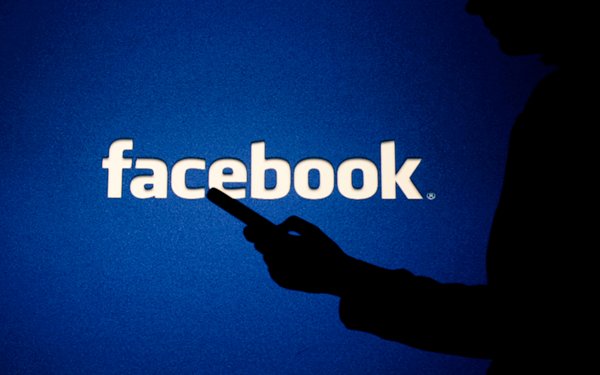
Adding to Facebook’s mounting woes, a former employee is accusing the tech titan of not doing enough to support African Americans on its platform
or among its ranks.
“Facebook has a black people problem,” according to Mark Luckie, who served as a strategic partner manager for global influencers at Facebook
before leaving the company, earlier this month. “Racial discrimination at Facebook is real.”
Luckie -- who is himself black -- originally made the assertions in an internal memo
released earlier this month, which was then posted online on Tuesday.
Worse yet, Luckie suggests that Facebook’s unaccommodating culture has negatively
influenced the platform’s support for black users and causes that are close to their heart.
“Disenfranchisement of black
people on the platform mirrors the marginalization of its black employees,” Luckie said. “Black people are finding that their attempts to create ‘safe spaces’ on Facebook for
conversation among themselves are being derailed by the platform itself.”
Beyond being insensitive, Luckie said the lack of
consideration for black users made bad business sense.
“Black people are far outpacing other groups on the platform in a slew of engagement metrics,” Luckie said. For example,
“African Americans are more likely to use Facebook to communicate with family and friends daily,” he said, citing recent research commissioned by Facebook.
In response to Luckie’s nearly 2,500-word memo, Facebook said it aspires to create the most compassionate culture possible for its
employees.
“We want to fully support all employees when there are issues reported and when there may be micro-behaviors that add
up,” a company spokesman said in a statement.
Hiring more employees from diverse backgrounds will be key to achieving that goal, Facebook believes. “The growth in representation of
people from more diverse groups, working in many different functions across the company, is a key driver of our ability to succeed,” the spokesman said.
This summer, Facebook said its
share of of black employees had increased in recent years -- but not in technical or leadership roles.
At last count, Facebook said just 3.5% of its domestic workforce was black.